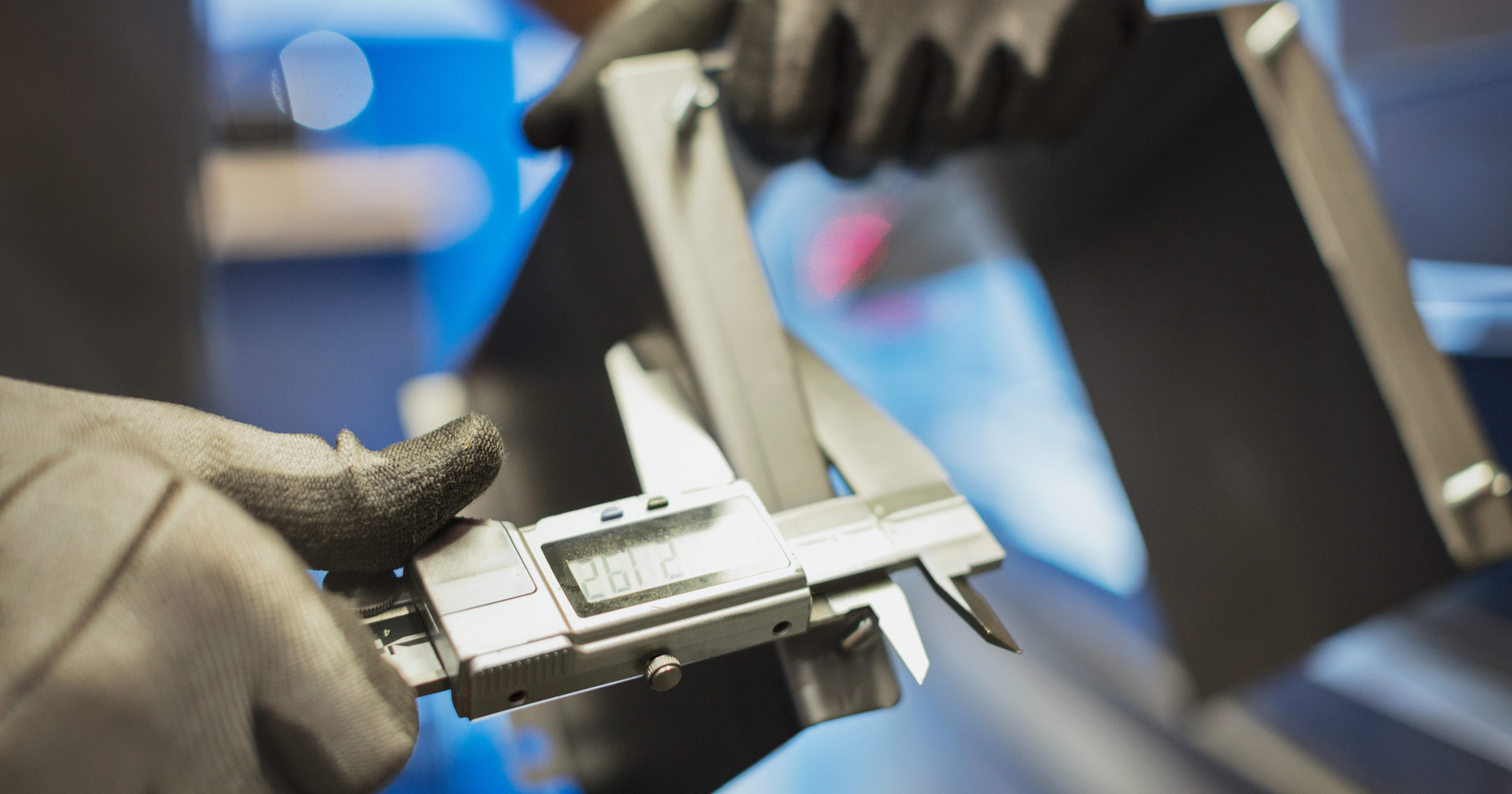Of course, you can also reach us via e-mail or our contact form. We will get in touch with you as soon as possible.
Comprehensive understanding and transparency thanks to the Production Part Approval Process (PPAP) in the automotive industry: right from the start of series production, the process must be carried out by every supplier across the entire supply chain. Read here to find out exactly what this means.
The Production Part Approval Process, or PPAP for short, is a procedure from the automotive industry and is used for the sampling of series parts. This procedure is primarily concerned with assessing the quality of delivered parts and determining whether they meet the specified requirements. PPAP is a central element in the sampling process, in which all information about tests and requirements can be documented.
The primary aim of the PPAP is to assess the quality of delivered parts and determine whether they meet the specified (quality) requirements. The result of the assessment determines whether or not a series release can be issued.
The PPAP enables suppliers to demonstrate that they have understood the customer's design and that they can manufacture products in series production that consistently meet all the customer's requirements and specifications while maintaining the production rate.
The PPAP sampling process is subject to clear rules and standards. Right from the start of series production, the procedure must be carried out by every supplier throughout the entire supply chain. This ensures comprehensive understanding and transparency in the automotive industry.
While the exact PPAP procedure can vary greatly from company to company in individual areas (e.g. ordering of parts, delivery, time of sampling), five submission levels are used for all sampling processes. In these five steps, the part to be inspected is first sampled and then classified according to previously defined criteria. At the end of the process, an assessment is made which is used to decide whether the sampled part meets the requirements, needs to be improved or even requested again.
The so-called part submission warrant (PSW) is used for this purpose. The part submission warrant summarizes and documents all important information on the requirements and tests of a sample. The part submission confirmation can be understood as the cover sheet for the sampling, on which central information such as key data on the delivered product and the supplier is recorded. It also confirms that the samples presented were manufactured under complete series conditions.
The following five stages provide information on whether the parts meet the requirements, need to be reworked or have to be requested again.
The customer checks the submitted samples and documents and then decides whether or not to issue a series release. If approval cannot be granted, a corresponding rework is required. Re-sampling is then also often necessary.
PPAP is all about the quality of the delivered parts. In this context, quality means that the parts of the series tools or series processes correspond to the drawings. A PPAP can also verify the quality of suppliers and their production processes. In order to save time and costs, it is important that errors in production are avoided before they can be repeated.

BabtecQ is QM software that not only offers software-supported creation of initial sample inspection reports and supports the PPF and PPAP processes, but also covers other quality management processes. For the evaluation of products, users carry out initial sample inspections on the basis of defined product characteristics and then document them in an initial sample inspection report (ISIR).
The quality of the products offered has a considerable influence on the competitiveness of a company. Errors in production are often difficult to trace in retrospect and can result in high costs due to lost working time and wasted materials. Statistical process control (SPC) provides a remedy. ... continue reading
Even before series production, every supplier must prove that the production process and the product meet all requirements. A suitable procedure for this is the production process and product approval (German: "Produktionsprozess- und Produktfreigabe", or: PPF). ... continue reading
Correcting manufacturing defects before they happen repeatedly – that doesn't just sound good, it's enormously important for producing companies. Before products are launched on the market or supplier parts are incorporated into a final product, initial sample inspection is therefore the tool of... continue reading
No Comments